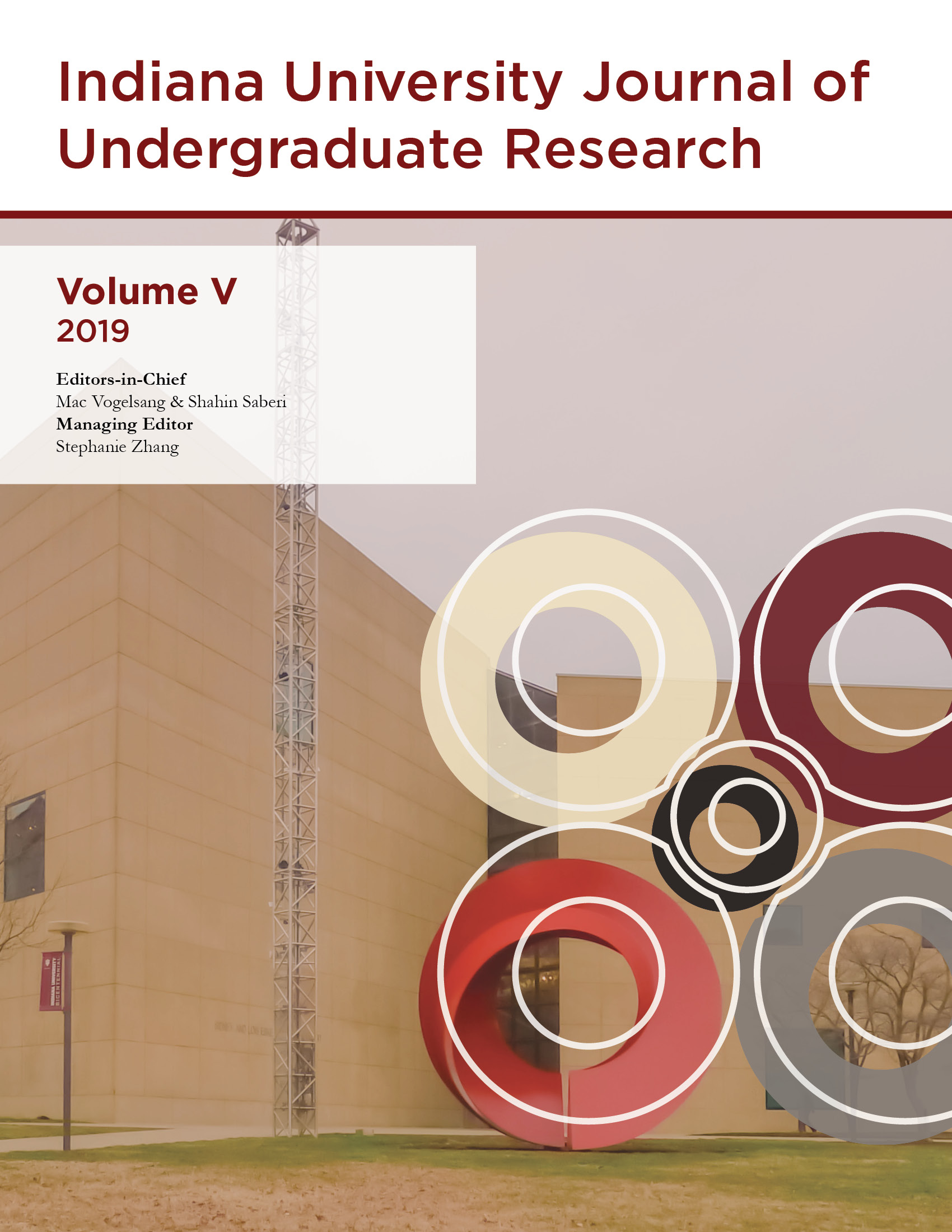Irony, Contradiction, and Voltaire's Garden: Re-Reading Candide
Main Article Content
Abstract
Literary scholars have long debated the thematic significance of Voltaire's Candide, a 1759 novella that relentlessly satirizes Gottfried Leibniz’s philosophy of optimism. In Candide, Voltaire assails his readers with displays of violence so absurd they might inspire anything from laughter to hopelessness. The novella's crude humor is hinged upon an unexpectedly-compassionate acknowledgement of human suffering. Voltaire uses Candide's plotline to attack the human assumption that any force of good will ever offset the evil in a world pervaded by cruelty and selfishness. He provokes questions with no answers in sight. Deriving a theme from the novella only becomes more difficult after reading its conclusion, which leaves readers dissatisfied, desperate for some sort of call to action. We are urged to cultivate our garden but given no advice on what that might entail. We are convinced of Leibnizian optimism's failures but deprived of a more-pragmatic philosophy to replace it with. In this essay, I analyze the ways Voltaire uses humor, irony, and structure in Candide not only to denounce deceitful forms of optimism, but to provoke future thought on the questions he could not answer himself.
Downloads
Article Details
Authors who publish with this journal agree to the following terms:
- Ownership of the copyright shall remain with the Author, subject to IUJUR’s use and the rights granted by the Creative Commons license assigned by the Author. A Creative Commons Attribution-NonCommercial 4.0 International (CC BY-NC 4.0) license will be applied to the published work unless otherwise indicated in the Student Author Contract. The CC BY-NC 4.0 license (https://creativecommons.org/licenses/by-nc/4.0/) lets others remix, tweak, and build upon the published Work non-commercially, and although the new works must also acknowledge the original IUJUR publication and be noncommercial, they don’t have to license their derivative works on the same terms.Authors are able to enter into separate, additional contractual arrangements for the non-exclusive distribution of the journal's published version of the work (e.g., post it to an institutional repository or publish it in a book), with an acknowledgement of its initial publication in this journal.
- Authors are permitted and encouraged to post their work online (e.g., in institutional repositories or on their website) prior to and during the submission process, as it can lead to productive exchanges, as well as earlier and greater citation of published work (See The Effect of Open Access).

